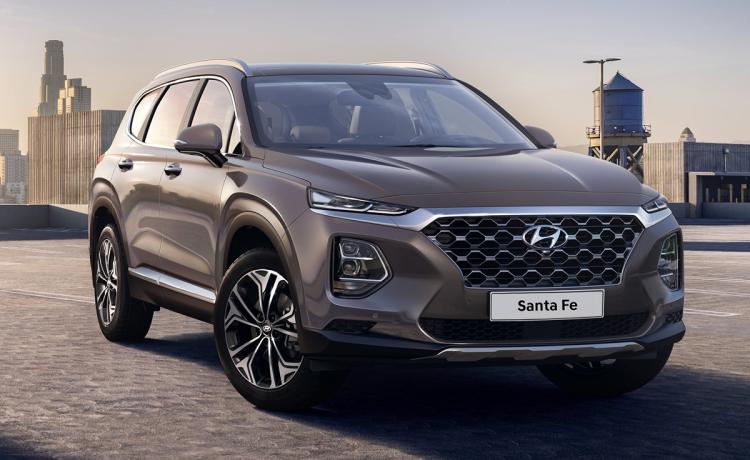Denmark has proposed a ban on the sale of new petrol and diesel cars from 2030 and hybrid from 2035, joining international efforts to promote electric-only vehicles to reduce air pollution and combat climate change.
The government has previously come under fire for increasing tax on electric cars in 2016, sending sales down from more than three per cent of all new cars to almost zero.
This was now aimed at following the example being set in an increasing number of countries.
“It is a big ambition that will be hard to achieve. But that’s exactly why we need to try,” Danish Prime Minister, Lars Rasmussen, told parliament on Tuesday.
The plan requires parliamentary approval to become law and will be presented to parliament next week.
Britain and France have both pledged to ban new petrol and diesel cars from 2040 in move that could hit the wealth of oil producers and transform a car industry in which global car makers are scrambling to adapt to the brave new world of electric vehicles.
In Sweden, sales of electric cars make up more than seven per cent of all new car sales while more than half of all new cars in Norway are electric or hybrid vehicles.
The mayors of Paris, Madrid, Mexico City and Athens have all said they plan to ban diesel vehicles from city centres by 2025, while the French government also aims to end the sale of new gasoline and diesel vehicles by 2040.
Denmark, the cradle of wind power, aims to become fossil fuel-free by 2050.
In 2017, Volvo became the first major traditional automaker to phase out vehicles powered solely by the internal combustion engine, announcing that all Volvo car models launched after 2019 would be electric or hybrids.
- Home
- Business
- News
- Tourism / Travels
- Entertainment
- Regulators
- More
- Businesstoday Conference/Awards
- Business Today Magazine
Latest News
Please Subscribe
subribe to get the latest news delivered to you free
Share
Related Articles
Honda Recalling 1.3m Vehicles Worldwide For Rear Camera Issue
Honda is recalling nearly 1.2 million vehicles in the U.S. because the...
ByBusinessTodayNGJune 24, 2023Hyundai Records 306,296 Sales In January
Hyundai Motor Company has announced its January 2023 global sales of 306,296...
ByBusinessTodayNGFebruary 15, 2023Toyota Automobile Recalls 14,799 Defective Lexus Vehicles
The Federal Road Safety Corps on Friday draw the attention of the...
ByBusinessTodayNGNovember 4, 2022FRSC Takes Delivery Of 5 New Vehicles Donated By FCT Minister
The Acting Corps Marshal, Federal Road Safety Corps, Dauda Ali Biu has...
ByBusinessTodayNGOctober 27, 2022












